Childhood is a challenging time for most children for various reasons. Kindergarten is an exciting time for kids, but it can also be stressful. Therefore, it is essential for children to develop healthy coping skills from an early age. These skills can benefit children as they move through the educational years and beyond. Let's discuss how to teach coping skills to kindergarteners.
1. Identify and Embrace Emotions
One of the first steps in teaching healthy coping skills to kindergarteners is for them to identify and embrace their feelings. Encouraging children to talk about their emotions can help them feel seen. As a result, children ultimately learn and understand that their emotions are valid.
2. Practice Responsive Problem-Solving
Problem-solving is fundamental when it comes to ways to help kindergarteners cope with unwanted situations. By practicing problem-solving techniques, you can help your students sharpen their responses in any situation. It helps to talk to students about their problems and possible solutions they can use. Consequently, students develop healthy habits when coping with any given situation.
3. Teach Relaxation Techniques
Relaxation techniques are essential when teaching coping skills to kindergarteners. When an unwanted situation arises, breathing techniques and other relaxation techniques can result in profound change. Thus, children can use deep breathing, progressive muscle relaxation, meditation, and play therapy sessions as calming techniques throughout life.
4. Use Effective Communication Skills
Effective communication improves conflict resolution and is a critical coping skill. In the early stages, teachers should emphasize active listening and sharing thoughts and emotions in a calm manner. This is fundamental in conflict resolution and helps maintain healthier friendships and relationships with others.
5. Encourage Role-Play Activities and Storytelling
Encouraging role-play activities and storytelling in the classroom can identify alternative solutions, which are valuable for students when teaching coping skills. Students get an opportunity to experience different situations thrown their way, enhancing their observation, problem-solving, and emotional capabilities.
In conclusion, teaching coping skills, even to kindergarteners, is essential to their emotional well-being and academic performance. Communication and problem-solving skills should take center stage in every area of the student's daily life. Hopefully, the steps listed will help you in teaching these skills. After all, helping students develop healthy mental and emotional health is critical as they mature.
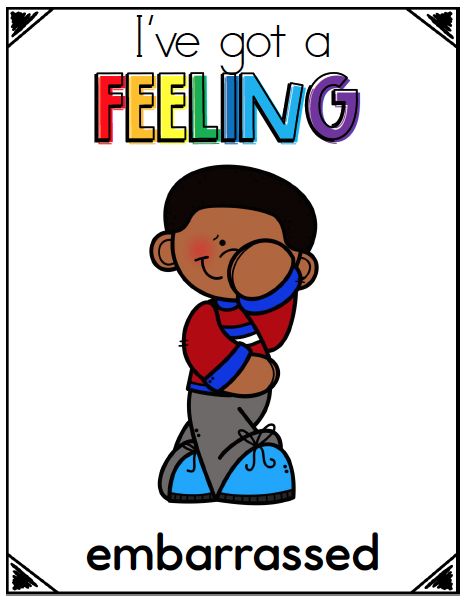
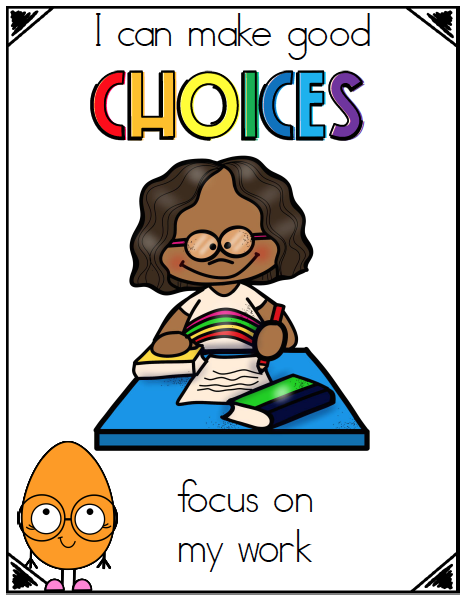
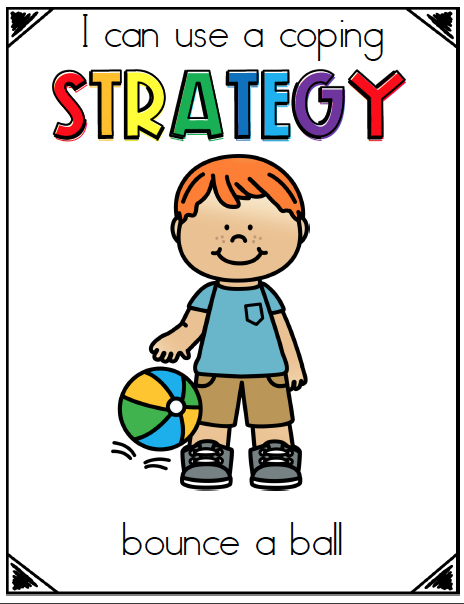
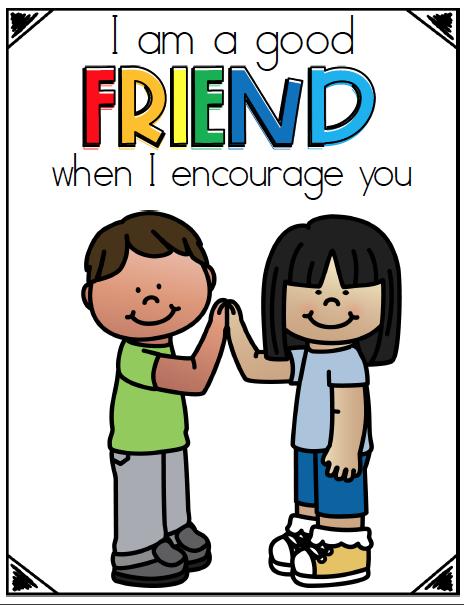
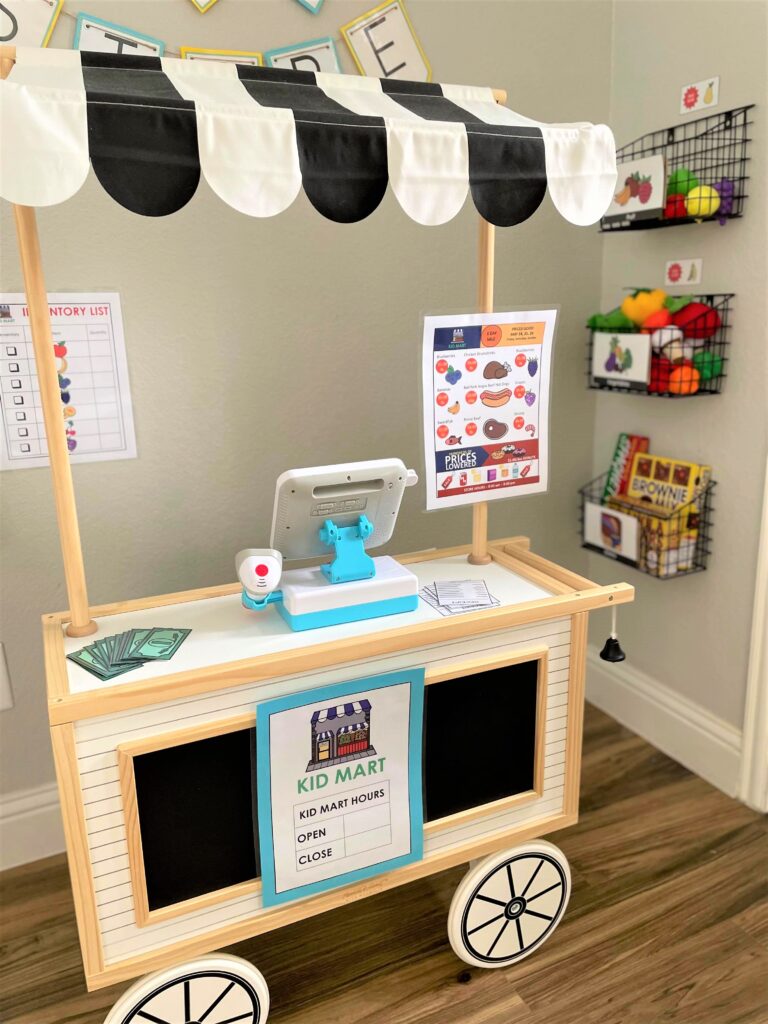

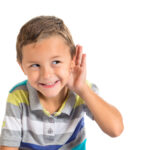
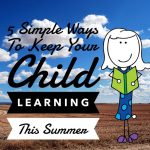


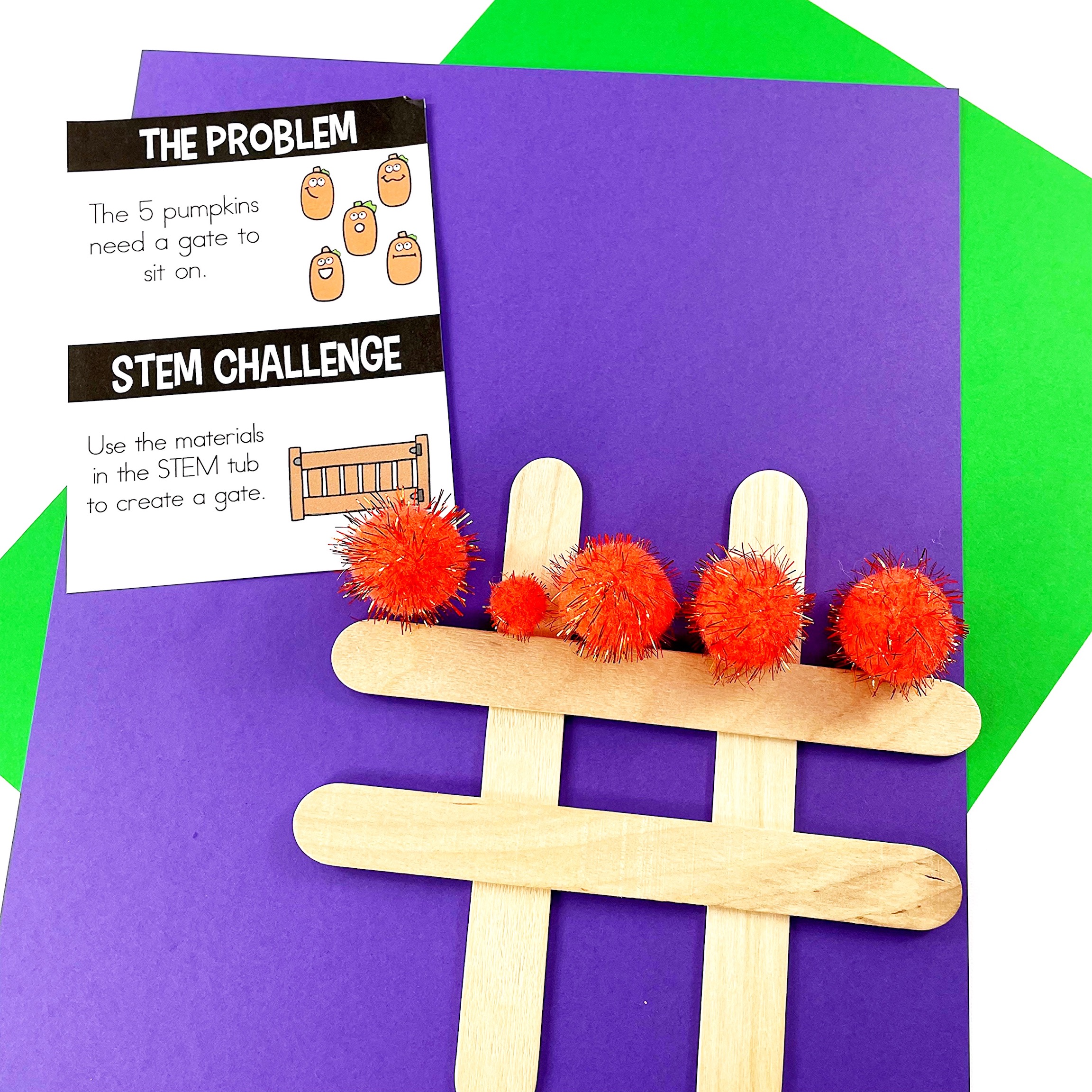


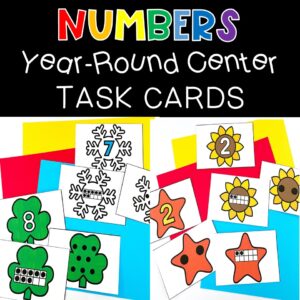

Leave a Reply